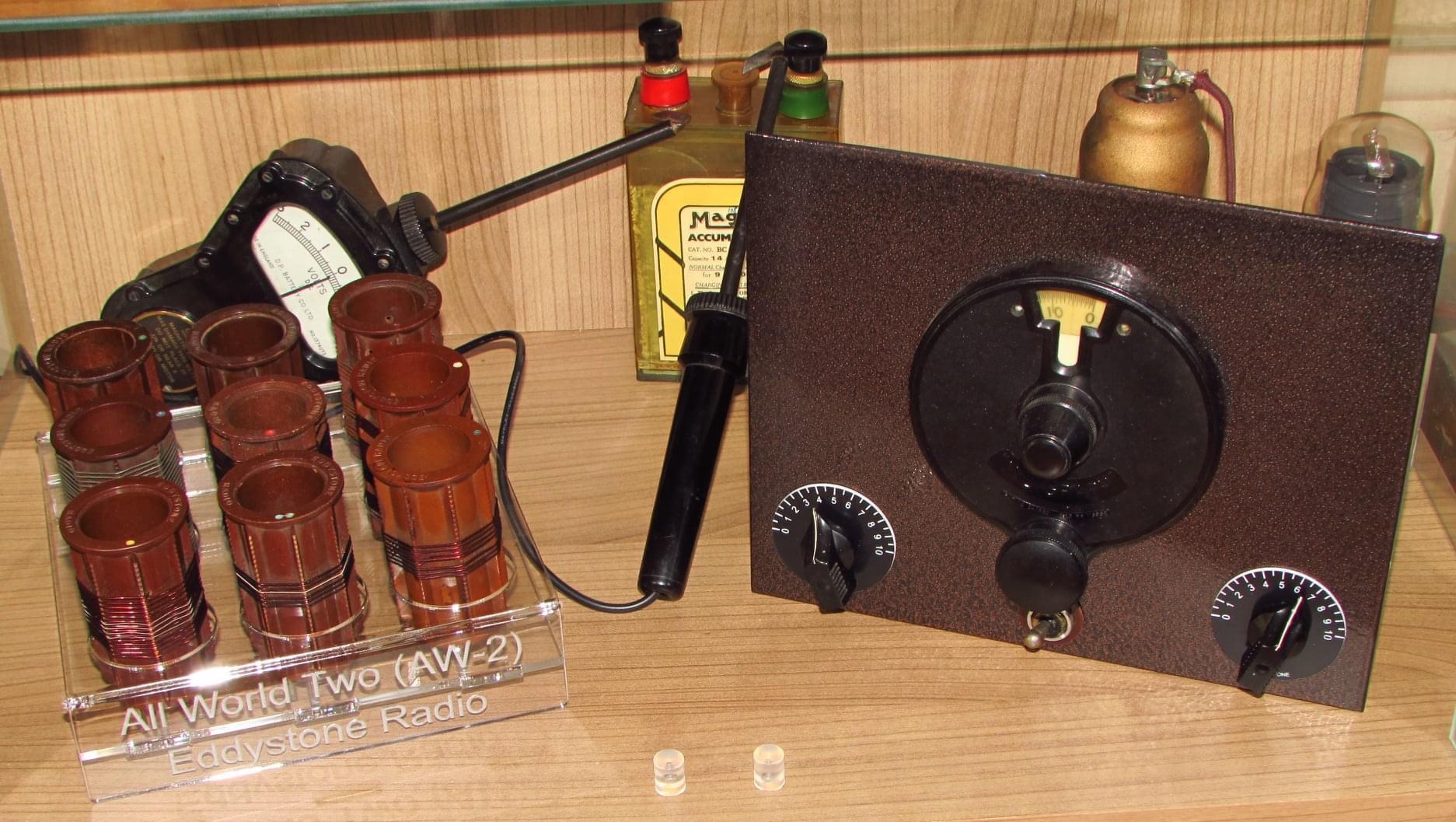Our Society’s first radio activity to commemorate voluntary interceptors took place on Sunday 13th June. Operating conditions were very poor making propagation of signals difficult. But this only served to heighten the awareness of what voluntary interceptors had to contend with during WW2 and with inferior equipment compared to what we enjoy today. It was a challenging day, but great fun, as emails afterwards testified to.
So how did things go? We ran four one hour sessions on the cardinal points of the clock face. This was the first time our callsign, GI5TKA, was released to the airwaves. Over all four one hour sessions were worked. In total 16 QSOs were logged. Each lasting around ten minutes each or more, from 9 different entities, the most distant being USA. These contacts breakdown as follows:
11:00 UTC: IK2GAJ, WA9AQN, DL3BBR.
14:00 UTC: I5ECW, DF2SJ.
17:00 UTC: OK1RR, PA2ST, HB9IJC, DL3XM, ON6PH.
20:00 UTC: DK4RW, OK1RR, EA4BL, PA3CNO, IK2ULV, SM1TDE.

All stations worked before 17:00 hours were worked on 20 metres using a mini beam aerial. All after that time were on 40 metres using a dipole wire. Five of the stations worked were CWOps members, and three were FISTS members, three were members of both clubs. Also a receiving station using a replica Paraset copied the message and confirmed this by email. It was encouraging to see inter-club cooperation in promoting the event. Imagine what would have happened had conditions been favourable?
There was the unique twist to this event, the sending of a cipher and the decrypt key. This proved to be very popular and the level of feedback afterwards, even from those who could not get through, was phenomenal. At the time of writing two people correctly decrypted the message, which was: Remember Arthur Irwin GI five TK. Arthur Irvin was a VI and the RSSM ARS’s callsign GI5TKA was chosen to mark his memory.
In summary, the terrible operating conditions only served to heightened the awareness of what VIs had to contend with using simple radios. The event demonstrated the difficulty that VIs experienced receiving signals, some getting through, some only partially and others not at all. It demonstrated how the Radio Security Service could use a nation-wide network of secret listeners to maximise the completeness of logging weak signals that were of interest.
It was notable that no stations from the United Kingdom were worked. Our transmitting station based in County Down obviously was employing a longer ‘skip’ distance straight into mainland Europe. We can only have the highest admiration for the war time generation of amateur radio operators. Thanks to all who participated, including those who tried but didn’t manage to get through. This is an event that we plan to repeat towards the end of the year.
